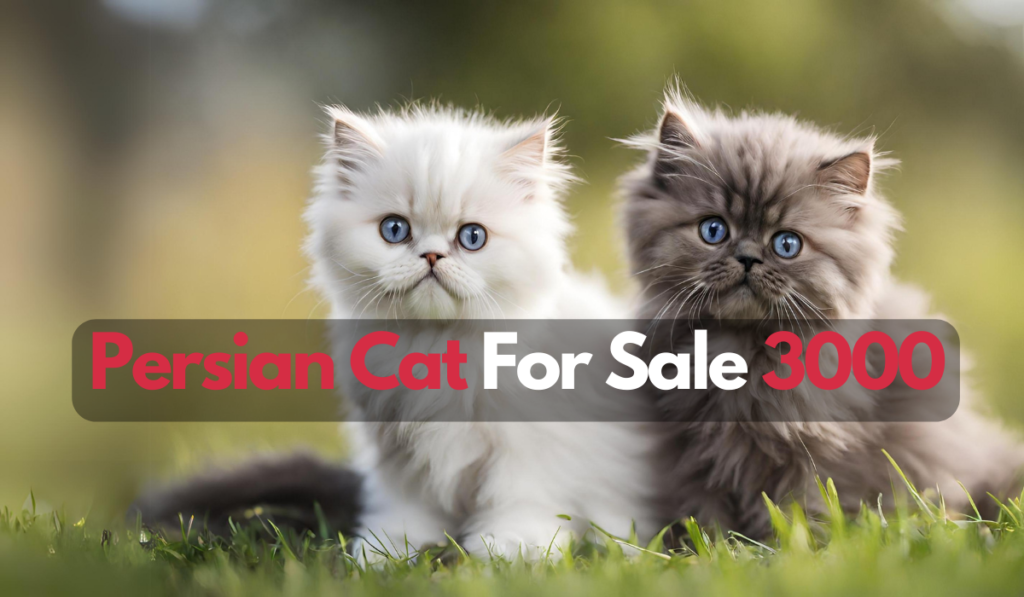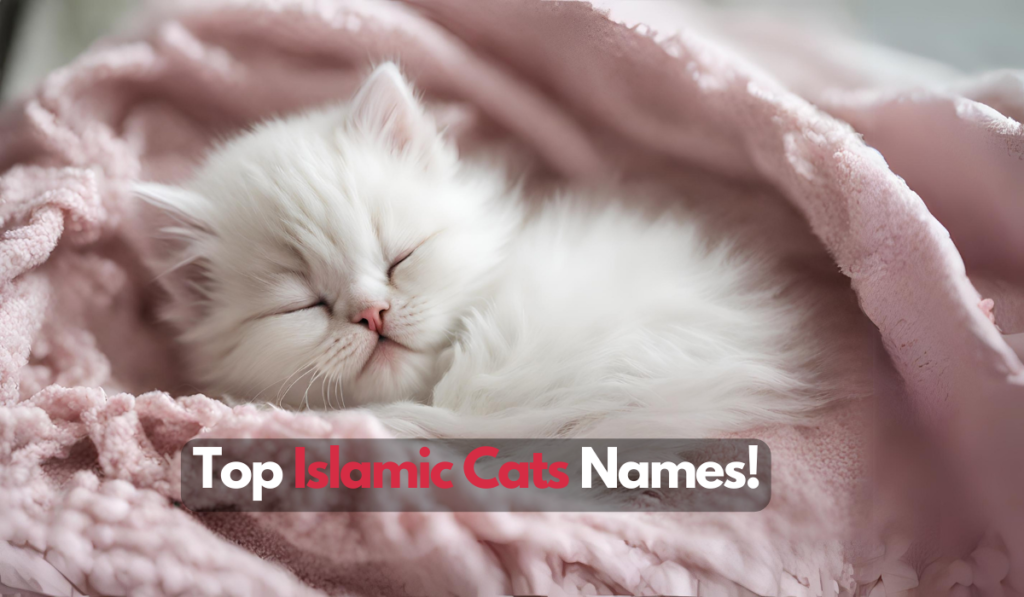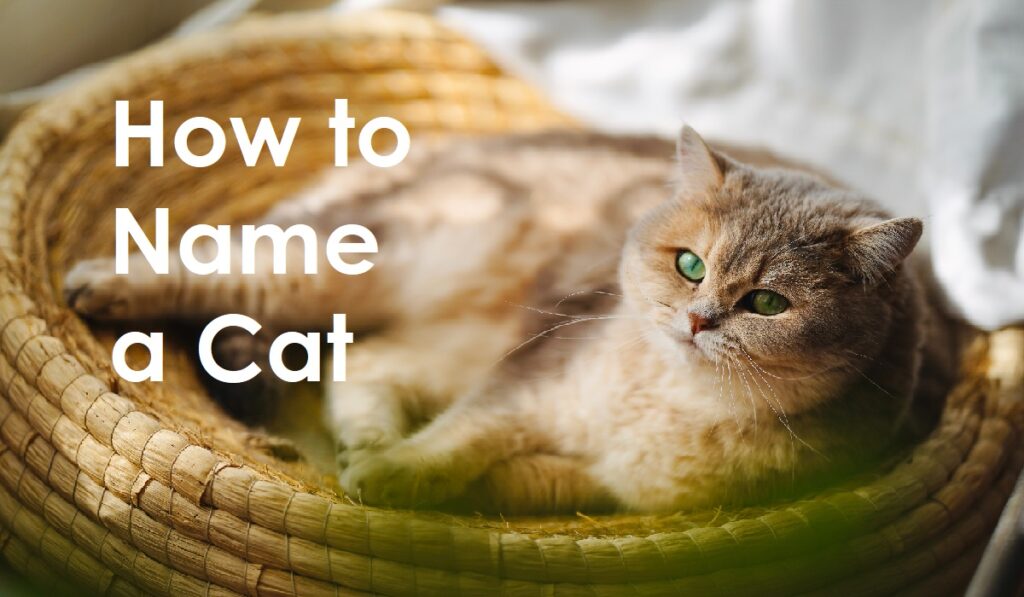In the Islamic world, the act of naming a pet holds profound significance, especially when inspired by esteemed historical figures. For Muslim cat lovers, naming a cat Muezza is not just a nod to tradition but a celebration of the bond between Prophet Muhammad (peace be upon him) and his cherished cat, Muezza.
The story of the Prophet gently waking his sleeping cat has resonated deeply within the Muslim community, symbolizing compassion and kindness toward animals.
Who is Muezza Cat?
Muezza is a legendary cat with a special place in Islamic history. According to Islamic tradition and various Hadiths (sayings and actions of the Prophet Muhammad, peace be upon him), Muezza was the beloved cat of the Prophet himself. The name “Muezza” is associated with this cat, which makes it a significant and revered name in Islamic culture.
The most famous story about Muezza recounts how the Prophet Muhammad (peace be upon him) found the cat resting on the sleeve of his robe as he was preparing to pray. Rather than disturb the cat, the Prophet chose to carefully cut off the portion of his robe where Muezza was sleeping, allowing the feline to continue its peaceful slumber undisturbed.
This act of kindness and compassion toward Muezza has been celebrated in Islamic tradition as an example of the Prophet’s deep love and respect for animals. As a result, Muezza’s name has become a symbol of the Prophet’s teachings about the humane treatment of animals and the importance of showing kindness to all of Allah’s creations.
Muezza Name Meaning?
The name “Muezza” doesn’t have a specific meaning in Arabic. It is traditionally associated with the cat owned by Prophet Muhammad (peace be upon him). In this context, “Muezza” is a name given to the Prophet’s beloved cat, and it has become a symbol of compassion and kindness toward animals in Islamic culture.
While the name itself may not have a distinct meaning, it carries significant historical and cultural importance within the context of the Prophet’s relationship with animals, particularly cats.
Is It Permissible to Name Your Cat Muezza?
Yes, absolutely. In Islam, naming your cat Muezza, or any other name that carries respect and dignity, is permissible. Islam does not restrict the naming of pets.
This tradition is exemplified in historical accounts, such as Imam Malik naming his dog after the Prophet’s companion Abu Huraira, and Imam Shafi’i’s cat being named Abu Nawas.
These instances reflect the cultural practice of honoring revered figures through pet names. Check out this article for the top 100 Islamic cat names if you are not convenced.
The Story of Muezza in Islamic History
The tale of Muezza and Prophet Muhammad is more than a story; it’s a lesson in empathy and caring for all of Allah’s creations. According to Islamic tradition, the Prophet showed immense love and consideration for his cat, epitomizing the value of kindness in Islam.
This story has inspired generations of Muslim pet owners to treat animals with respect and gentleness.
Considerations When Naming Your Cat Muezza
- Respect and Reverence: Naming your cat Muezza should be a gesture of respect, not just for the cat but for the historical significance behind the name. It’s important to remember that the cat, while honored with a significant name, is still a pet and not a sacred entity.
- Sensitivity to Others: When choosing this name, consider the feelings of others, especially those who might share or revere the name. The goal is to avoid any form of disrespect or unintentional offense.
- Suitability: The name should align with your cat’s personality and characteristics. A name carries identity and recognition, so it’s essential to choose one that reflects your cat’s unique nature.
Benefits of Naming Your Cat Muezza
- Emotional Connection: Naming your cat Muezza can create a deeper emotional bond between you and your pet, rooted in a shared cultural and religious heritage.
- Educational Aspect: It can also be an opportunity to educate others, especially children, about the importance of kindness to animals in Islam.
- Reminder of Islamic Teachings: The name serves as a daily reminder of the Prophet’s teachings on compassion and respect for all living beings.
Was Muezza Male or Female Cat?
The gender of Muezza, the cat owned by Prophet Muhammad (peace be upon him), is not specified in historical accounts or Hadiths. The traditional Islamic texts and narratives that mention Muezza do not provide information about whether the cat was male or female.
The focus of the stories about Muezza is on the Prophet’s compassionate treatment of the cat rather than its gender. As a result, the gender of Muezza remains unknown in Islamic tradition.
What Type Of Cat Was Muezza?
The specific breed or type of cat that Muezza, the beloved companion of Prophet Muhammad (peace be upon him), was is not mentioned in historical accounts or Hadiths.
Traditional Islamic texts and narratives do not provide detailed information about the cat’s breed or physical characteristics. Instead, the stories about Muezza primarily emphasize the Prophet’s kindness and compassion toward the cat, highlighting his respectful treatment of all animals.
As a result, the specific breed or type of cat that Muezza was remains unknown in Islamic tradition.
What Did Muezza Look Like?
Historical accounts and Hadiths (sayings and actions of the Prophet Muhammad, peace be upon him) do not provide specific details about the physical appearance of Muezza, the cat owned by the Prophet.
As a result, there is no detailed description of Muezza’s color, size, or other physical characteristics in Islamic tradition.
Islamic Teachings on Animal Welfare
Islam places a strong emphasis on compassion and care for all of Allah’s creations, including animals. Numerous teachings and Hadiths (sayings and actions of the Prophet Muhammad, peace be upon him) highlight the importance of treating animals with kindness and respect.
- Prophet Muhammad’s Compassion: The story of Muezza, the Prophet’s beloved cat, serves as a poignant example of his compassion for animals. His act of cutting his robe to avoid disturbing the sleeping cat on his sleeve illustrates the depth of his empathy.
- Water for a Thirsty Dog: In one Hadith, the Prophet recounted the story of a sinful woman who showed kindness to a thirsty dog by giving it water from her shoe. As a result of her compassion, she was forgiven by Allah. This Hadith underscores the significance of helping animals in distress.
- No Harm to Animals: Islamic teachings prohibit causing harm or unnecessary suffering to animals. The Prophet Muhammad explicitly stated that harming animals is a sinful act.
- Responsibility as Stewards: Muslims are often reminded that they are stewards (khulafa) of the Earth and its creatures. This stewardship includes the ethical treatment and care of animals.
The Joy of Muslim Pet Ownership
Caring for a cat in accordance with Islamic teachings involves several key principles:
- Kindness and Respect: Treat your cat with kindness and respect, recognizing it as a creation of Allah deserving of compassion. Avoid harsh treatment, and provide a loving and safe environment.
- Proper Nutrition: Ensure that your cat receives a balanced and halal diet. Just as it’s important for humans to consume permissible (halal) food, the same consideration should be given to your feline friend.
- Healthcare: Regularly seek medical care for your cat. Preventive measures, such as vaccinations and regular check-ups, are essential for your cat’s well-being.
- Comfortable Living Conditions: Create a comfortable and clean living space for your cat. Cats are known for their cleanliness, and providing a tidy environment is in line with Islamic values.
- Humane Treatment: Handle your cat with gentleness and care. Avoid actions that may cause stress or harm, such as excessive restraint or punishment.
- Companionship: Cats, like many animals, thrive on companionship. Spend quality time with your cat, providing both physical and emotional care.
- Respect for Life: Ensure that your cat does not harm other animals. Islam encourages respect for all living creatures, and this extends to your pet’s interactions with wildlife.
By applying these Islamic teachings to your cat’s care, you not only fulfill your responsibilities as a pet owner but also exemplify the compassionate values of Islam in your daily life.
Your relationship with your cat becomes an opportunity to practice kindness and empathy, aligning with the teachings of Prophet Muhammad, peace be upon him.
Conclusion:
Naming your cat Muezza goes beyond a simple tribute; it represents a commitment to nurturing your pet with love and respect, in line with Islamic values. It’s a decision that not only honors a significant historical figure but also reinforces the teachings of compassion in Islam.
By choosing this name, you embrace a deeper connection with your cat, grounded in the principles of respect and kindness.







